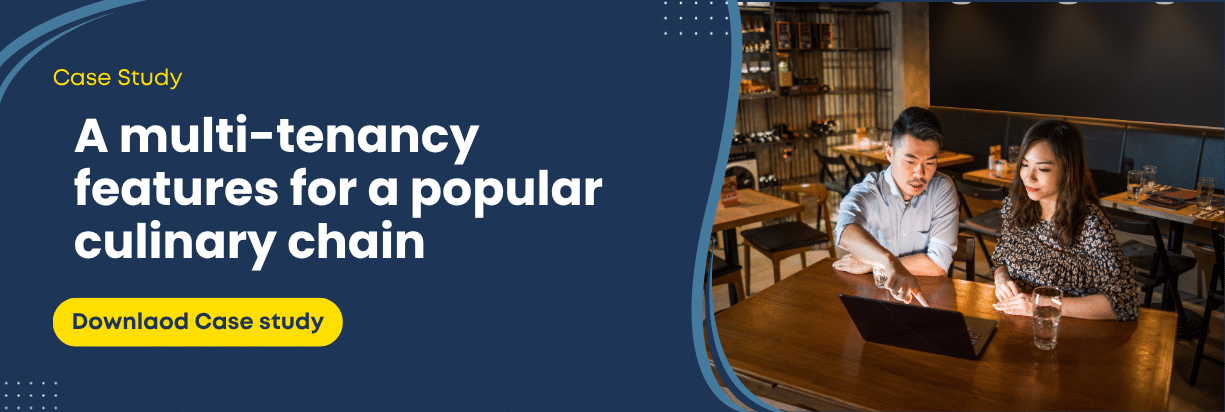In the competitive world of food service, training can make or break a brand. For one popular culinary chain, scaling consistent, high-quality training across multiple franchise locations was becoming a challenge. The solution? A multi-tenancy LMS for culinary training—powered by the flexibility and scalability of Paradiso LMS.
Why Multi-Tenancy Matters in Culinary Training
In the culinary industry, training is not just about teaching recipes—it’s about delivering consistent brand experiences, ensuring food safety, and building customer trust. A multi-tenancy LMS provides:
- Separate learning portals for each franchise or branch
- Shared corporate resources to maintain consistency
- Custom branding for individual franchise identities
- Centralized reporting for corporate oversight
The Challenges Faced by the Culinary Chain
Before adopting a multi-tenancy LMS, the chain struggled with:
- Inconsistent training quality across locations
- High turnover and repeated onboarding costs
- Difficulty in tracking compliance for food safety regulations
- Lack of flexibility in adapting training to local needs
Why Paradiso LMS Was Chosen
After evaluating multiple vendors, the chain chose Paradiso LMS for its robust multi-tenancy capabilities and ability to scale globally. Key reasons included:
- Custom branding per franchise without losing corporate identity
- Integration with POS, HR, and scheduling systems
- Advanced analytics to track learner progress
- Mobile-first training modules for kitchen staff on the go














